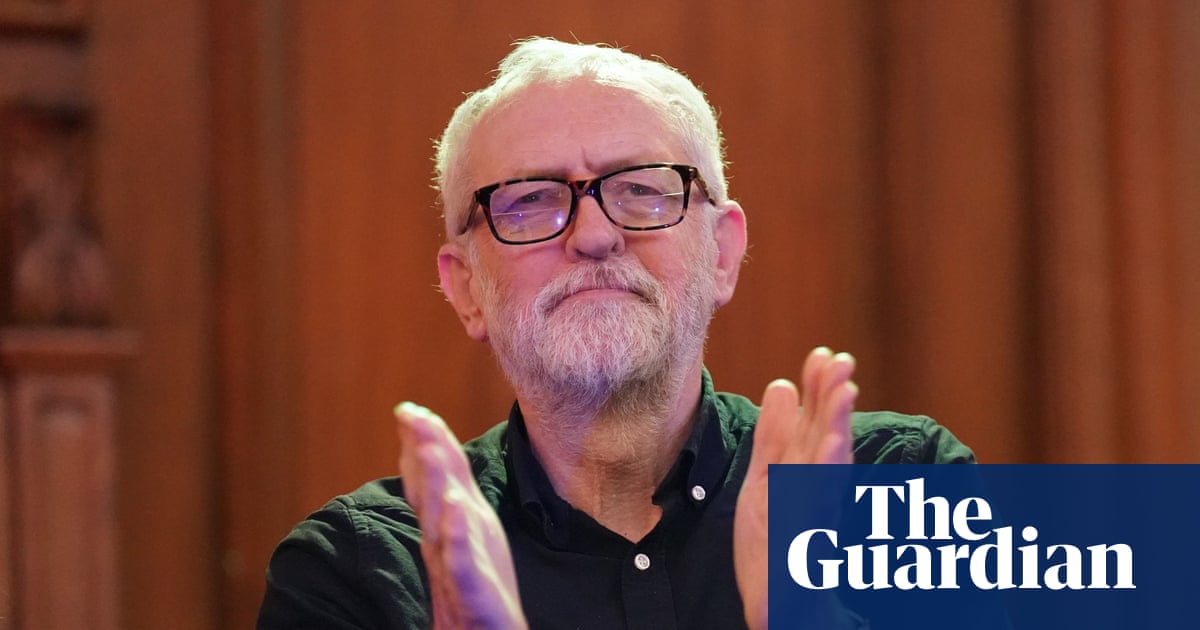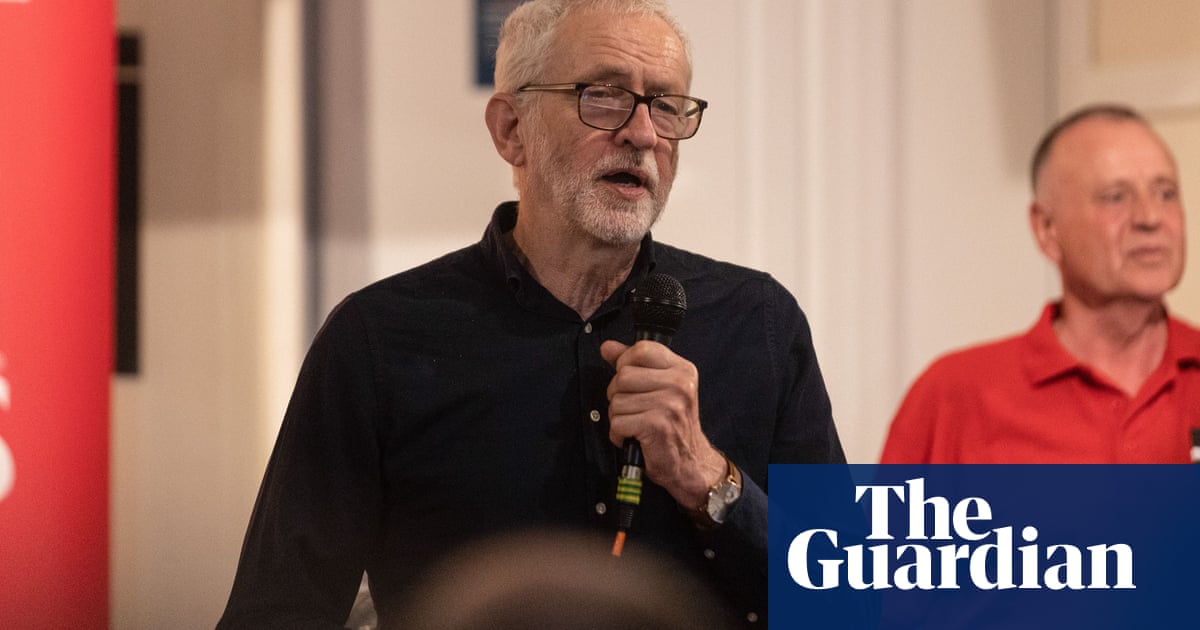
n many ways, Jeremy Corbyn’s leadership ended this week exactly as his enemies always hoped it would. Heavily defeated in a general election, dismissed since as a political irrelevance, and criticised even for questioning the government’s inept handling of the coronavirus crisis, Corbyn probably has a lower reputation now than at any time since he first stood for leader, to much derision, in 2015 – and perhaps even since he became an MP, in 1983. The recent attacks on him for appearing in the House of Commons and working in his Westminster office during the crisis at the age of 70, despite official advice that older people should stay at home, have in a sense taken the years of assaults on his legitimacy to their logical conclusion. To many of his critics, Corbyn has no right to exist as a significant public figure.
Yet this drastic shrinking of his status has also coincided, thanks to the crisis, with a huge expansion of what governments do. And expanding the state’s role in society and the economy is what much of Corbyn’s career has been devoted to. Corbynism was – and is – primarily a politics about addressing emergencies: the stark inadequacies of modern capitalism, the damage caused by austerity, and the accelerating effects of the climate crisis.
Now we are in what may be an even bigger emergency than even the most fervent Corbynistas envisaged when they mobilised for his leadership campaigns. In theory, a world where the state pays people’s wages, keeps businesses afloat, and “is judged by [its] capacity for compassion”, as the chancellor Rishi Sunak puts it – all situations that will continue for some time after the pandemic – ought to suit the more leftwing Labour party Corbyn is passing on to his successor.
This possibility explains some of the nervousness about the future emanating from the rightwing press and thinktanks. Before coronavirus they were luxuriating in the possibilities they thought had been created by Brexit and Boris Johnson’s election victory. A parallel hope is building on the left that perhaps the future won’t be as politically bleak as it has seemed ever since last December’s exit poll. Corbyn himself told the BBC recently that coronavirus was bringing about “a change in our politics” in favour of a kinder state and society, which was being felt “in every country in the world”.
But the hope, or fear, that the left will revive in the traumatised, anxious Britain likely to emerge from the crisis ignores the fact that during the already quite fraught 2010s Labour never managed to make its politics of emergencies sufficiently compelling. Corbyn’s party had energy, innovative policies and – sometimes – a lot of moral authority. Yet, Labour didn’t make enough voters realise that the country’s big social, economic and environmental crises had either been caused, or effectively ignored, by a series of Conservative governments. Nor, almost as damagingly, did Labour interest enough voters in its highly promising solutions, such as the green new deal. During the Corbyn era, I left countless Labour briefings with exciting ideas and rhetoric ringing in my ears, only to discover shortly afterwards that the wider world either hadn’t noticed what had been announced or didn’t trust it.
Media bias, the distraction of Brexit, a leader who was reluctant to attack the Tories and was a limited communicator: these are the wearyingly familiar reasons Labour’s messages didn’t cut through, despite everything that was going wrong in Britain in the 2010s. Yet all these obstacles, except the first, will probably diminish or disappear under a new leader.
Meanwhile, the Conservatives’ performance over coronavirus may become so obviously disastrous, especially for the older Britons on whom the Tories rely in elections, that it destroys their credibility as a government in a way that the more hidden social catastrophe of austerity did not. Something similar happened on Black Wednesday in 1992. Shortly after a fourth successive Tory election victory, the spectacular and costly collapse of their policy of keeping the pound in the European exchange rate mechanism (a precursor to the euro) dissolved their reputation for economic competence overnight. It became one of the main reasons for their landslide election defeat five years later.
The Tories’ mistakes over coronavirus could make Black Wednesday look like a minor mishap. Even more than sensible stewardship of the economy, the Tories trade on their supposed ability to keep out foreign threats and keep the public safe.
Yet for Labour to replace them, it will have to become and remain an obvious government in waiting, probably for a long time before the next election, as it did from 1992 to 1997. That will mean exposing Conservative incompetence and moral failings with a precision that Labour hasn’t managed since Tony Blair’s opposition leadership in the mid-90s. All its leaders since – Gordon Brown, Ed Miliband and Corbyn – have lacked Blair’s lawyerly touch.
The new leader will also need a believable vision of a Labour-run Britain. The longer a party is out of power, the more abstract – and therefore less credible and appealing – the idea of it being in power can become. Corbyn had a vision: of a radically more equal and greener Britain. But it never quite came into focus for voters. As a leftwinger with a distractingly long past, he probably had an impossible job. The new leader’s will be easier, but not by much.












